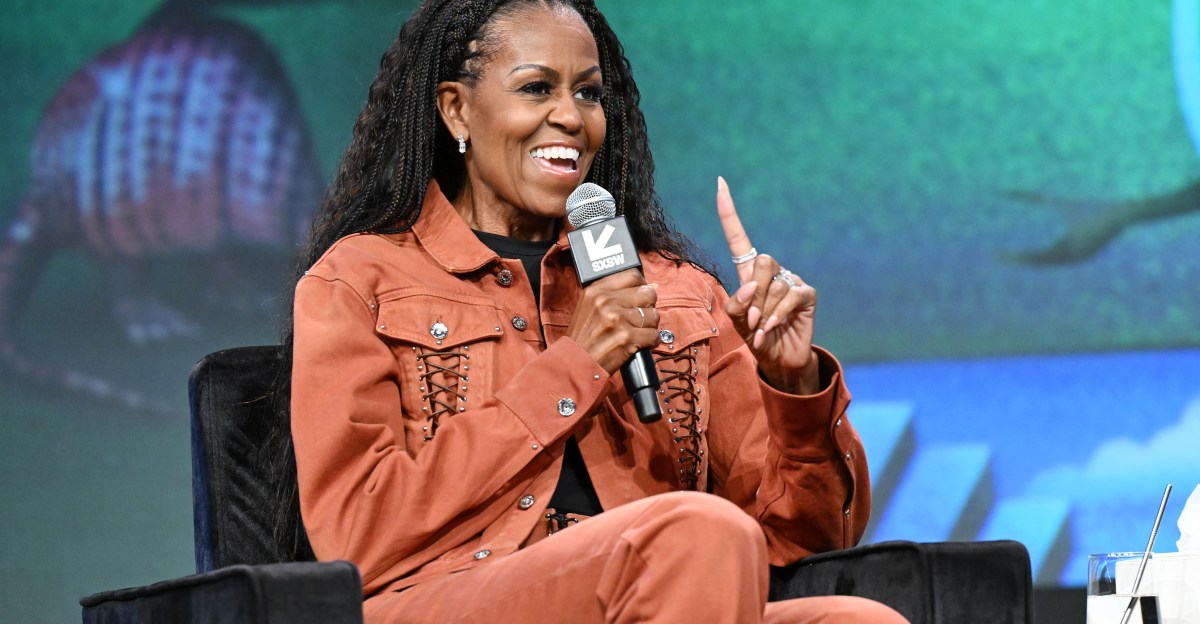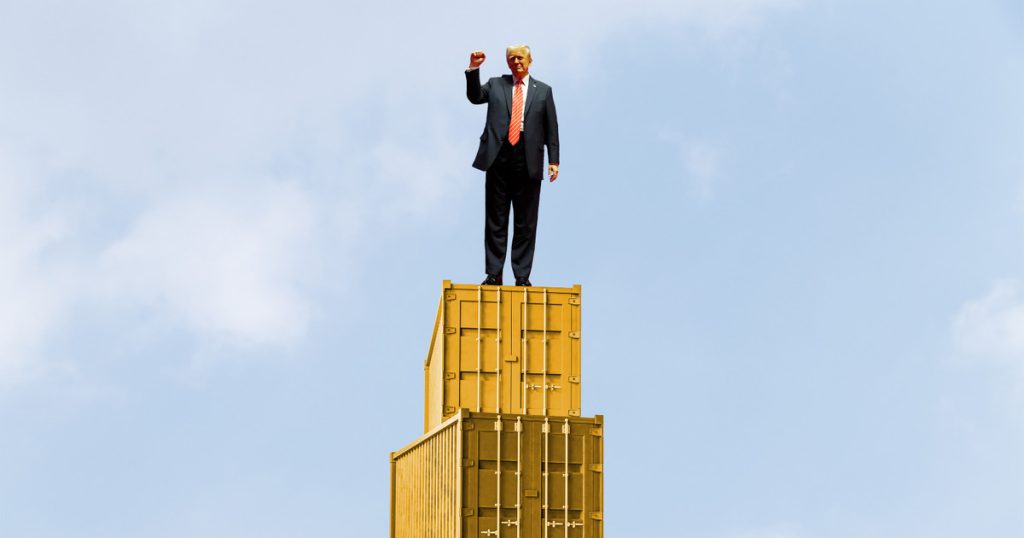Now Reading: The Democrats’ Michelle Obama problem
-
01
The Democrats’ Michelle Obama problem
The Democrats’ Michelle Obama problem

This article was first featured in The HighlightVox’s exclusive magazine for members. If you want to read member-exclusive stories ahead of time every month, consider joining the Vox Membership program today.
When Michelle Obama announced in March that she and her brother were launching a podcast, it stirred up a familiar longing among Democrats. There is a desire for the former first lady, who remains highly popular, to make a return to politics, possibly even running for president. This wish for an Obama to lead the Democratic Party is recurring but has not materialized. Michelle Obama has kept a low profile, steering clear of political discussions in her podcast and abstaining from public appearances. This absence is not unique to her, as other past party leaders have also largely stayed out of the spotlight while figures like Donald Trump and Elon Musk challenge norms and reshape the government.
The longing for Michelle Obama’s return underscores the current predicament of the Democratic Party, which lacks a clear leader and direction. While various governors are attempting to engage dissatisfied voters and resist Trump’s policies, there is no unifying figure within the party. This situation can be viewed positively as it allows for internal debates, grassroots revitalization, and preparation for upcoming elections, rather than relying on a single savior to emerge.
The expectation for a prominent figure to rescue the party may hinder the Democrats as they navigate their identity crisis. While some established voices like Bernie Sanders and Elizabeth Warren continue to advocate against Trump, they are not positioning themselves as the party’s future leaders. Instead, a new generation of politicians, such as Gavin Newsom, Pete Buttigieg, Chris Murphy, and Alexandria Ocasio-Cortez, are exploring different paths forward and appealing to the anger felt by Democratic voters.
Despite the current disunity, these divisions could pave the way for a dynamic presidential primary in the future, offering voters diverse options and visions for the party. Embracing this chaos may ultimately benefit the Democrats as they work towards a more organized and effective approach to governance. The quest for a singular hero to save the party, whether it be an Obama, a Biden, or a Harris, may not be the solution to their current challenges. Instead, focusing on organizational strength and grassroots mobilization could prove more fruitful in the long run.






